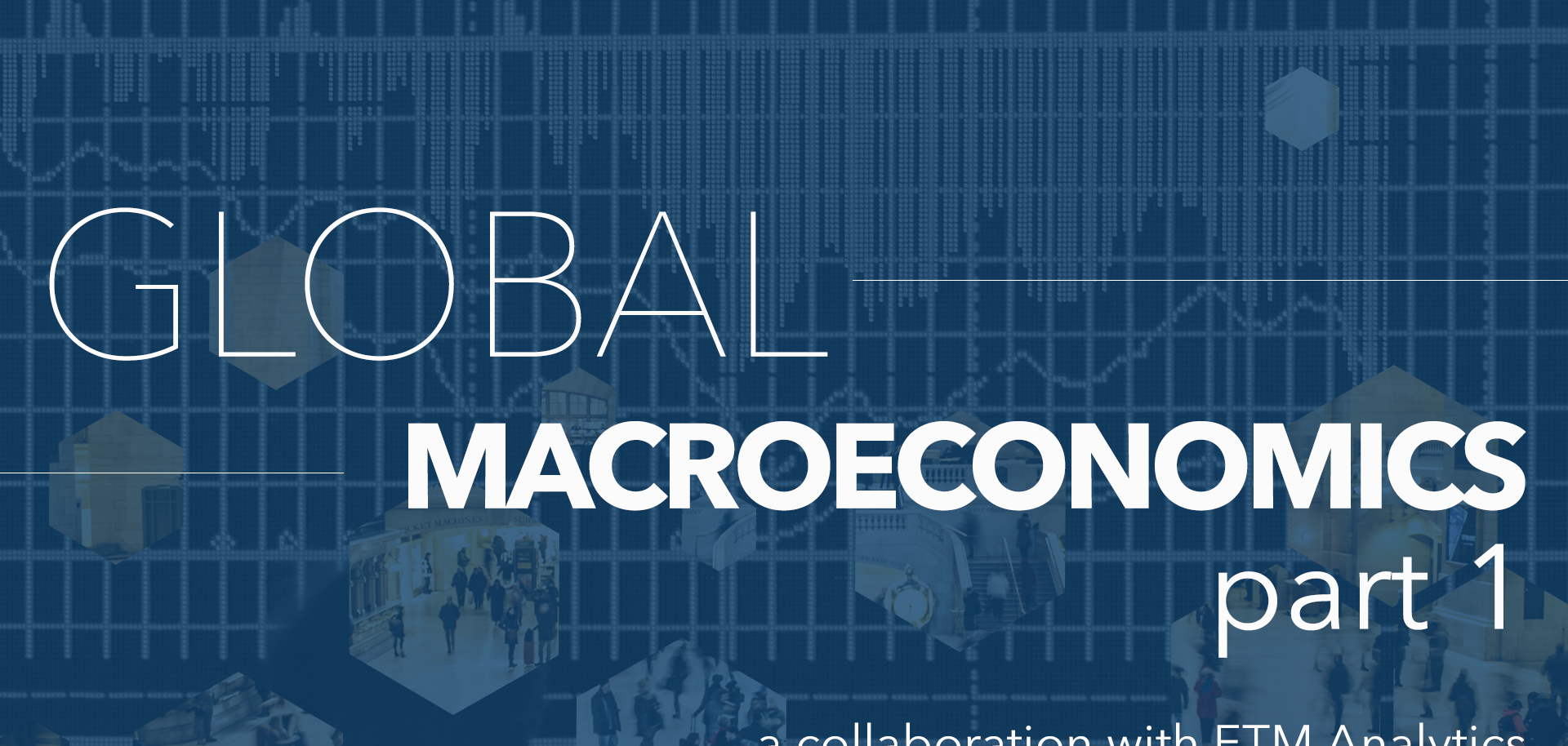ASSESSMENTS
Lessons Learned From a Grand American Gamble
Apr 25, 2016 | 09:15 GMT

(Stratfor)
Summary
Editor's note: This is the first installment of a five-part series authored by ETM Analytics, an economic and financial advisory firm with offices in the United States and South Africa. The analysis contained herein reflects the views of ETM and not of Stratfor. In fact, as you will see, it is different from our existing worldview in some significant ways. We are sharing this with our readers because it is good work, produced using rigorous analytic tools and methodology. As always, we look forward to receiving comments and feedback. At the end of the series, we will share what we hear from you along with Stratfor's thoughts on how our view differs from ETM's.
So much has been said about the wealth and power of the United States that to say anything more would be to peddle a cliché, one that has shrouded the U.S. economy in an aura of infallibility.
It makes sense that this would be the case. The United States helms the global economy and has done so with varying degrees of intensity since World War II, when a new international economic system was established at Bretton Woods. Though Washington was not the only architect of that system, it was its chief steward and its biggest beneficiary. And as prosperous as it grew under that system, the United States was enriched further still once the system ended.
But the aura of American economic infallibility has since faded, thanks in part to the economic failures brought to light in the 2008 financial crisis. Instead of correcting those failures, Washington doubled down on the policies that created the crash in the first place, incurring far more debt than it previously had and printing money at unprecedented levels. If this grand gamble fails to pay off, the global financial system could undergo a profound and unstable transition.
Subscribe Now
SubscribeAlready have an account?
